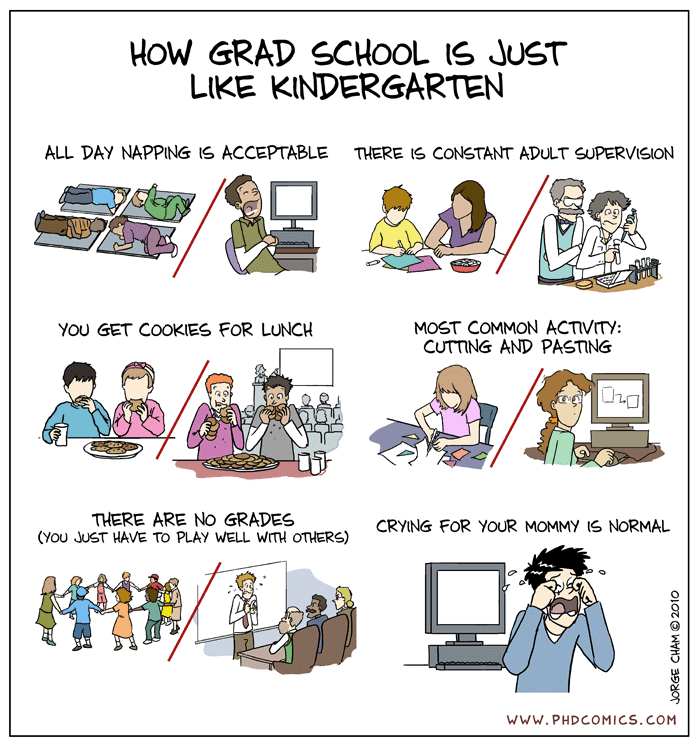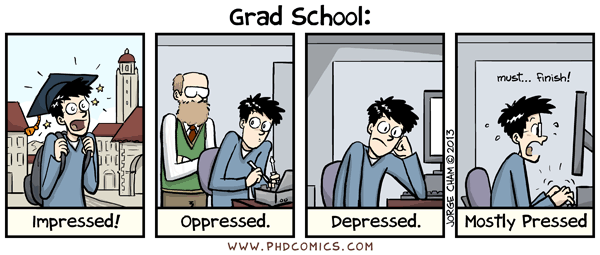Ah! How did I miss this!
How did I approach it...hmm....I did massive searches (recorded all my search terms and search results in an excel file to make a diagram later)....then if I found a particularly valuable article, I would use their reference list to find more articles (recorded this number as well) ... I did it systematically too (see figure). I also make a table of my search terms and any endings combinations I use.
Then once I figure out how many articles I actually want to review (based on reading the titles, and then the abstracts), I make a table with all the information I find relevant. It normally includes:
*Author (year)
*Discipline of the article (e.g., psychology, medicine)
*Dependent variable(s)
*Independent variables(s)
*Theoretical framework (if they used one)
*Measures
*How they defined particular terms (e.g., "how did they define stress?", "health")
* Sampling techniques
*Sample characteristics (e.g., n = , M : F, M age, particular defining characteristics (students, employees))
*Experimental conditions (specific characteristics)
*Duration of exposure
* Analysis (e.g., SEM, ANCOVA, etc.)
* Did they include any confounding variables
* Results
* Any gaps I noticed
If you're doing more of a theoretical review, you would want to include different headings...basically you want to get all the information in there that you're going to compare / contrast, so that you can identify gaps, issues, or themes in the literature. For me, when I did this, I identified issues with sampling techniques, overall sampling characteristics, issues with methodologies, and overarching results (so I broke it down into different levels of health!
Then I created a framework from the results, and was able to critique the methods (2 papers).
This then outlined what I needed to address in my dissertation - 'so here are the gaps in the literature, and here's what I'll be doing to address them'...it gave me a clear picture of the state of the literature and how my work would be significant.
I'm not sure if that helps or not

I also make a lot of tables and figures - as it's helpful for publications!
View attachment 19659






